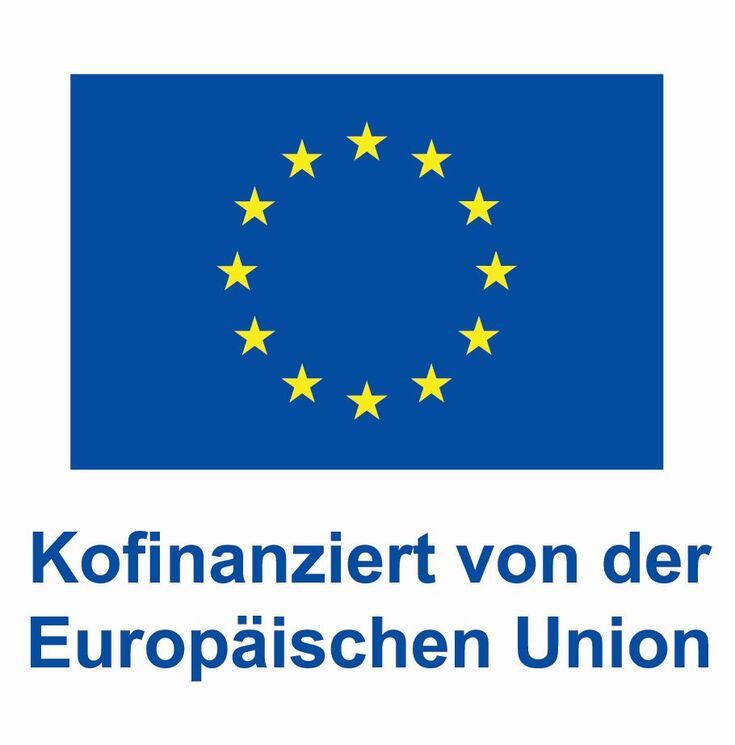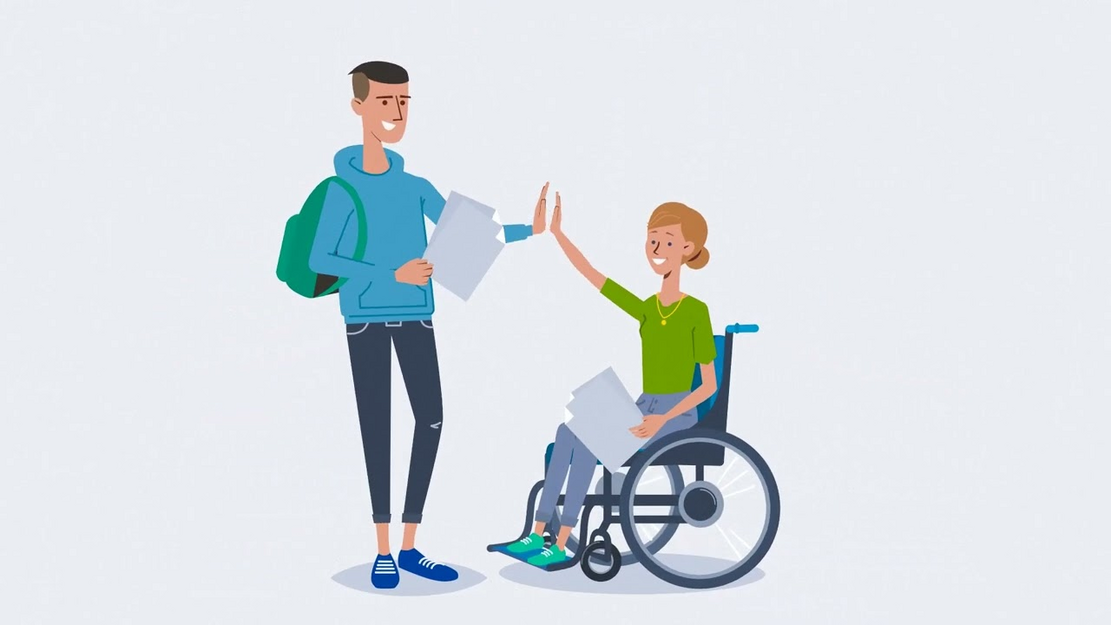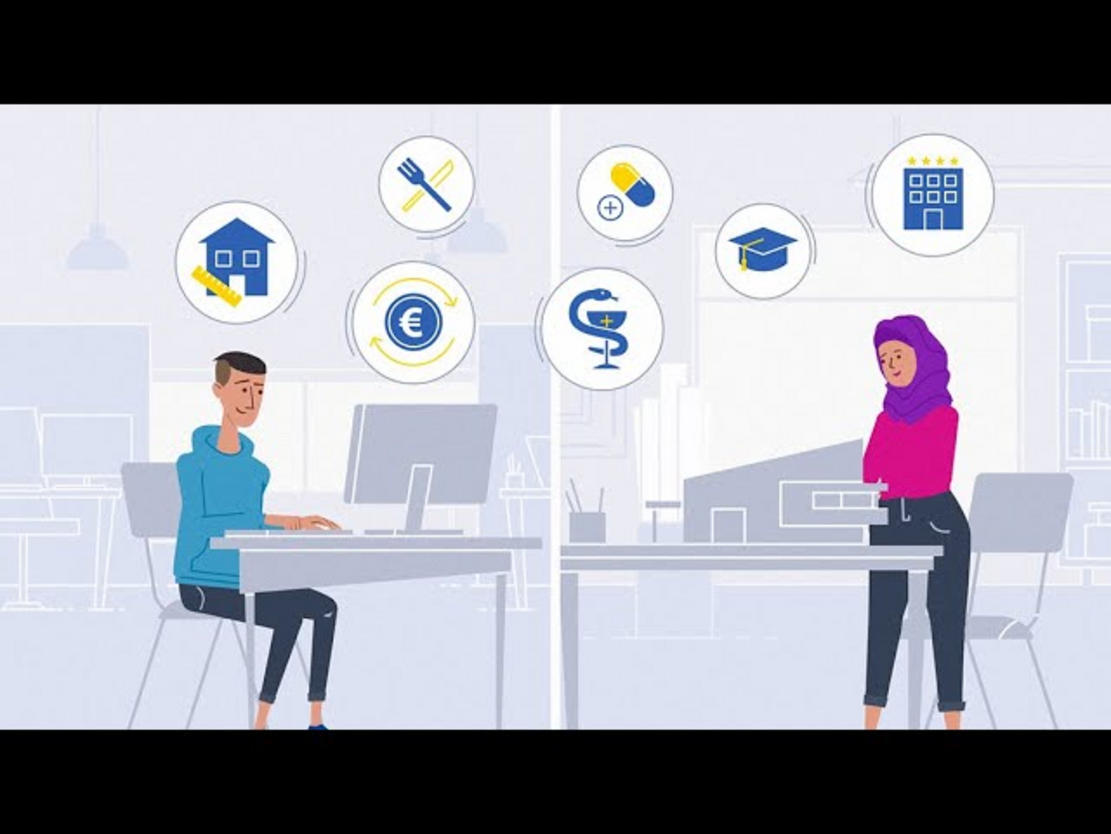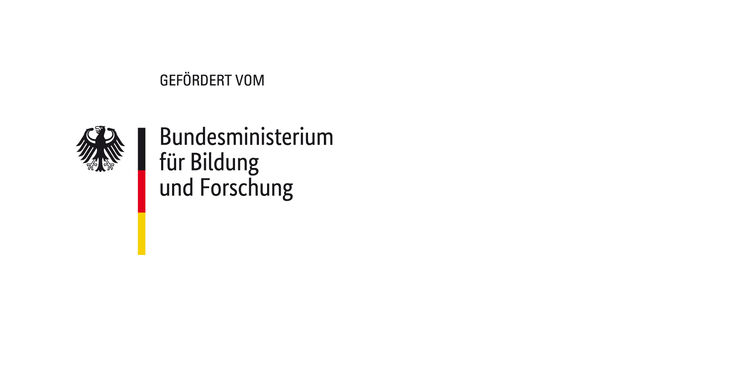Open House on Friday, 13.06.2025
Are you interested in studying abroad? Stop by for our Open House on Friday, 13.06.2025:
Where: Campus Krefeld South, Building A, room AE03
When: 09:00 to 15:00
We are looking forward to meeting you!
–
Broadening your horizon, meeting new people and gaining valuable experience - a stay abroad can offer all of this.
There are different options for HSNR's students and members of staff to go abroad.
Here we explain which options you have, how to plan and prepare, which funding programmes are available and what comes after you have returned to HSNR.
We also provide information on opportunities to enhance your own intercultural competences at your home campus.
If you need personal advice, please do not hesitate to contact us.


























